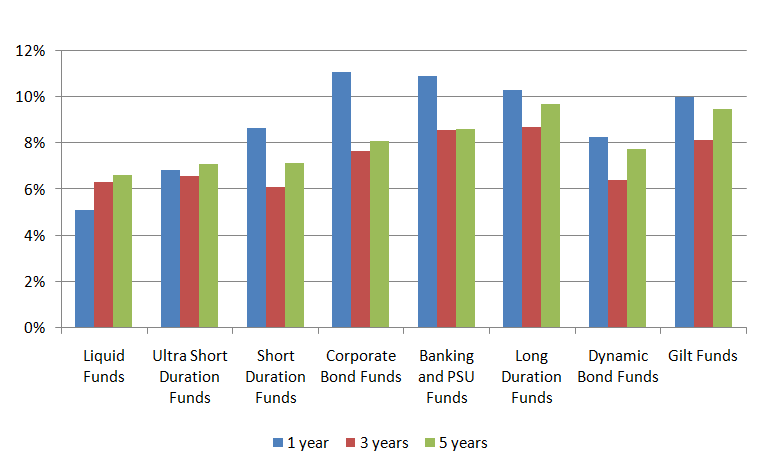 Log In
Log In
 Online e-KYC
Online e-KYC
- Contact Us
- Global Offices

Mirae Asset Financial Group
![mirae asset usa]() Australia
Australia
![mirae asset brazil]() Brazil
Brazil
![mirae asset colombia]() Colombia
Colombia
![mirae asset hong kong]() Hong Kong SAR
Hong Kong SAR
![mirae asset Japan]() Japan
Japan
![mirae asset uk]() United Kingdom
United Kingdom
![mirae asset usa]() United States
United States
![mirae asset singapore]() Singapore
Singapore
![mirae asset uk]() Ireland
Ireland
![mirae asset canada]() Canada
Canada
Mirae Asset Global Investments
![mirae asset india]() Global
Global
![mirae asset australia]() Australia
Australia
![mirae asset hong kong]() Hong Kong SAR
Hong Kong SAR
![mirae asset india]() India
India
![mirae asset korea]() Korea
Korea
![mirae asset korea]() UAE
UAE
![mirae asset uk]() United Kingdom
United Kingdom
![mirae asset usa]() United States
United States
![mirae asset vietnam]() Vietnam
Vietnam
![mirae asset korea]() Korea
Korea
 Global
Global
 Australia
Australia
 Hong Kong SAR
Hong Kong SAR
 India
India
 Korea
Korea
 UAE
UAE
 United Kingdom
United Kingdom
 United States
United States
 Vietnam
Vietnam
Tiger ETF
 Korea
Korea
Global X ETFs
 Australia
Australia
 Brazil
Brazil
 Colombia
Colombia
 Hong Kong SAR
Hong Kong SAR
 Japan
Japan
 United Kingdom
United Kingdom
 United States
United States
 Singapore
Singapore
 Ireland
Ireland
Horizons ETFs
 Canada
Canada





